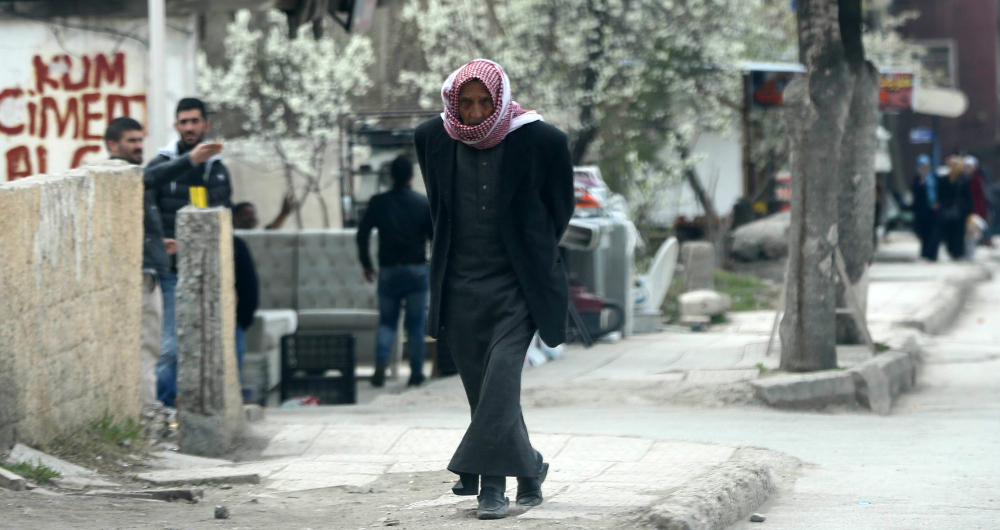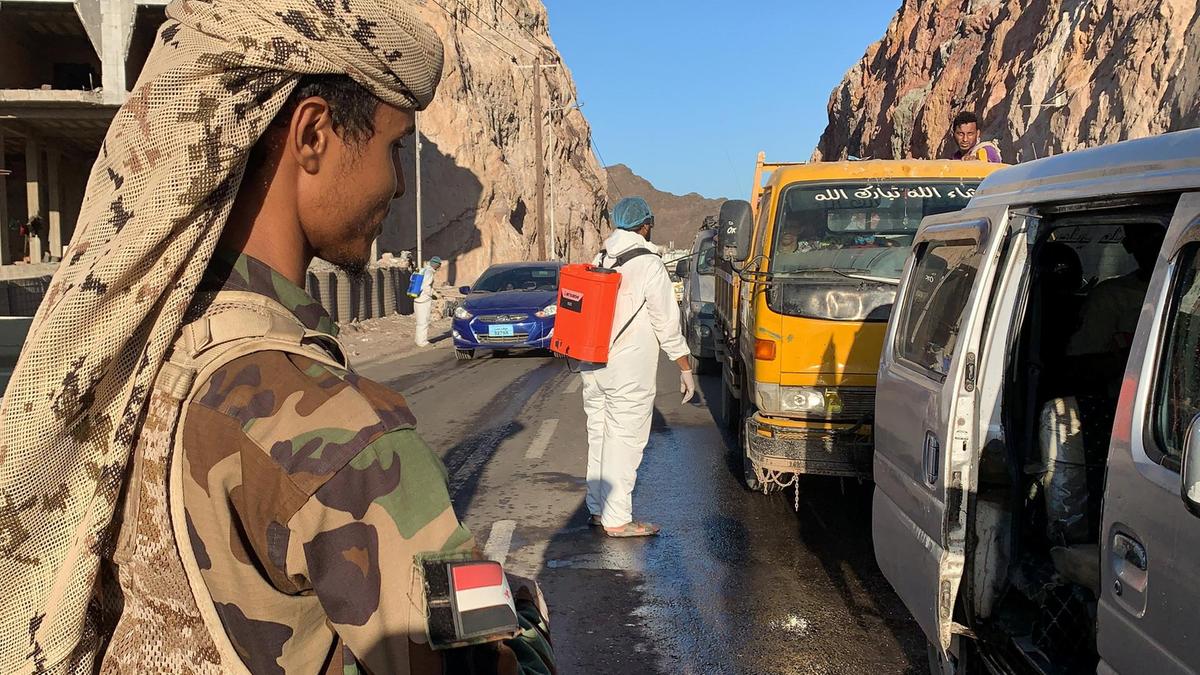Khalifa Haftar threatens to target Turkish forces in Libya
CAIRO: A Libyan commander who launched an offensive last year to capture the capital Tripoli from the Government of National Accord (GNA) threatened Thursday to use force against Turkish troops if Ankara doesn’t stop interfering in the war-stricken North African country.
Khalifa Haftar’s comments came in response to the Turkish parliament’s decision to extend for 18 months a law that allows the deployment of Turkish troops to Libya. Turkish military assistance to the Tripoli-based government — including advisers, equipment and intelligence — helped stop Haftar’s year-long offensive on the capital. Turkey has also been accused of sending thousands of Syrian mercenaries to Libya.
“There will be no security or peace as long as the boots of the Turkish military are desecrating our immaculate soil,” Haftar said in comments from his eastern stronghold, Benghazi, on the 69th anniversary of Libya’s independence day. “We will carry weapons to bring about peace with our own hands and our free will.”
Libya descended into chaos following the 2011 uprising that ousted and killed longtime dictator Muammar Qaddafi. Since 2015, Libya has been divided between two governments, one in the east and one in the west.
Haftar has been allied with the eastern government, while Turkey has supported the GNA.
The Turkish lawmakers’ decision came Tuesday, despite a UN-brokered cease-fire in Libya declared in October. The cease-fire deal envisioned the departure of foreign forces and mercenaries within three months.
“The colonizing enemy has one of two choices: either to leave peacefully or to be driven out by force,” Haftar said, referring to Turkey.
The UN Support Mission in Libya seized the same national occasion to urge Libya’s rivals to observe the cease-fire and respect a political roadmap that envisages the holding of national elections in December 2021.
“While the Mission calls on Libyans to consolidate their efforts and take courageous steps toward national reconciliation, and to look forward to a bright future for all Libyans to live in peace and prosperity, it affirms its full commitment to assisting the Libyan people in building their unified state,” a UNSMIL statement issued Thursday said.
Earlier this month, 75 Libyan politicians from opposing camps convened virtually in a UN-initiated political forum and agreed to hold elections next year. However, they failed to break a deadlock on the selection mechanism for the transitional government that would run the country in the lead-up to the vote.
“A tenuous cease-fire continues to hold in Libya between forces allied to the Tripoli-based government and their rivals in the east,” said a commentary published Thursday by The International Crisis Group. “Yet there is reason to worry that the five-month hiatus in the conflict could end abruptly.”
In recent weeks, both governments have traded accusations of violating the terms of the cease-fire deal by continuing to mobilize their troops near front lines and receiving military assistance from their respective regional backers.

Turkey sends oil ship to eastern Med, approves Libya troop deploymentEgypt’s president sends message of support to Libyan leaders



